Financial Education & Training to Improve Your Retirement
Follow the blog for our latest thoughts on the stock market, investing, and financial planning issues impacting our clients. You’ll find a ton of great articles on option trading, covered calls, income investing, and more.
Enter your email below to have our insight delivered directly to your inbox.
-
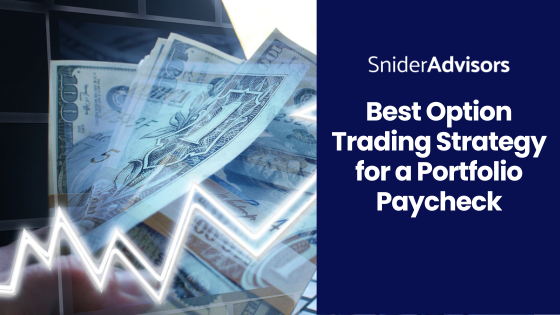
Best Option Trading Strategy for a Portfolio Paycheck
There is an options trading strategy that offers a powerful, yet often overlooked, opportunity for generating consistent monthly income. An increasing numbers of investors use this strategy – and thousands…
-
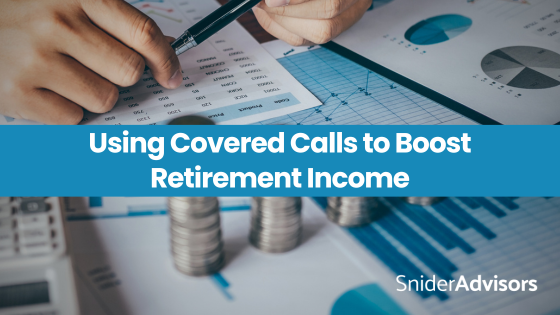
Using Covered Calls to Boost Retirement Income
Learn how covered calls can help you boost retirement income and bridge the gap between stocks and bonds.
-

Generate Portfolio Income in Retirement
In an ideal world, retirees would have so much money saved before retirement that they could hang up their hat without having to work for another dollar. However, portfolio income…
-
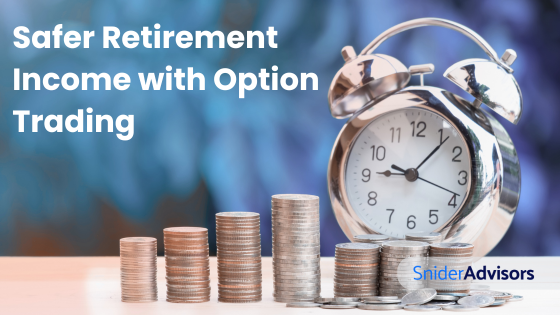
Can Option Trading Really Give You Safer Retirement Income?
Option trading may sound like a risky endeavor, but like most investments, it’s only as risky as you make it. After all, stock investing can be incredibly risky if you’re…
-
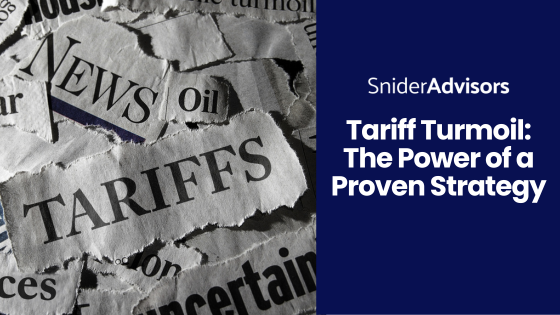
Tariff Turmoil – The Power of a Proven Strategy
I’m back with a few final thoughts on the recent tariff-related volatility—for now. Since April’s Trade Day, when markets dropped over 2%, we’ve seen a strong and steady rebound. Much…
-

Emotions Are an Investor’s Worst Enemy
Humans are hardwired for survival, but this innate motivation to stay safe can be fundamentally at odds with investment success. Emotional responses to market volatility—especially fear and greed—can trigger impulsive…
-

How to Handle Debt in Retirement
Debt isn’t necessarily a bad thing. When properly used, it can provide the necessary leverage to build wealth. The problem with debt during retirement is that the monthly payments can…
-

Tariff Turmoil – Encouraging Headlines
Over the past month, stock markets have experienced big swings, driven largely by evolving policy announcements and comments from the White House. While such dramatic price movements are uncommon under…
-
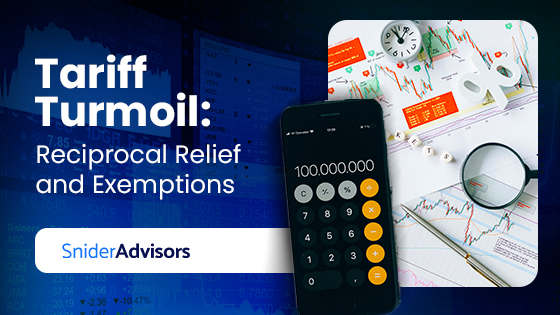
Tariff Turmoil – Reciprocal Relief and Exemptions
There was no shortage of excitement last week, and fortunately, the markets did make progress in recapturing some of the losses from the week before. Between delays in reciprocal tariffs…
-

Tariff Turmoil
In times of turmoil, I believe communication is key. First, it is important to remember that with the Snider Investment Method, we’ve prepared for these types of conditions. We know…